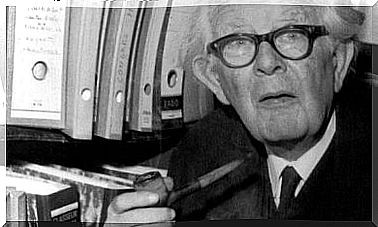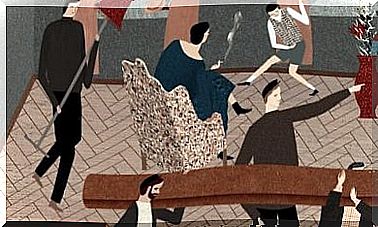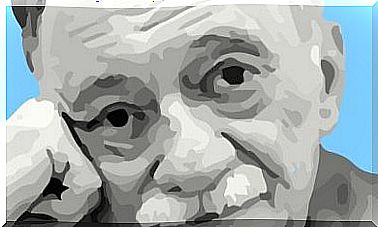When Nostalgia Forgets The Present

The film “Midnight in Paris” by Woody Allen explains nostalgia as the negation of the present through the protagonist’s life. The name of this error is golden age syndrome, and it is the misconception that a time period is better than the one we currently live in. This mistake from our romantic imagination tends to appear in people who are going through a difficult period in the present.
Midnight in Paris is a cinematic comedy that shows life as something that is not as magical as it seems in our dreams, but where we can actually become masters of our own decisions.
The main character’s now is not very pleasant. He is undervalued by his girlfriend and her family. He feels lonely. He thought things would be very different. He thought he would be happy and respected, and have lots of friends and a new love that would make him want to stay and leave everything behind.
His desire to maintain the connection with a time in the past is a form of denial of the present. A now that is filled with compromises that rather than fulfilling him instead make him bored. Due to his cowardice and lack of determination, he falls into a fictional past. There he finds everything he has been looking for, rather than tackling his now. In the end, reality forces itself on him and he is forced to make a complicated decision.
A softer version of this complex occurs in our melancholic thoughts. It is about believing that a time in the past was better than the one we live in now. Everything revolves around this time – our hobbies, our obsessions and our behaviors, and we try to regain it.
By believing that different things will never be as good as in the past, we fuel the golden age complex. This complex will also helplessly lead us to live with a connection to the past. As a consequence, we will never be happy with what we have in the present.

There also tends to be a type of pattern in love relationships. This happens when we believe that a relationship we had in the past cannot be fought. We believe that all future conditions will be inferior to what we had before. Thinking like that will inevitably lead us to look for what we had, but with a completely different person. This in turn will lead us to make comparisons and not value what we really have in the present.
Nostalgia is defined as suffering from the thought of something one has had or experienced, but which no longer exists or has changed. When we become nostalgic, we remember a past that is reflected in the combination of many different memories. All are combined together in a process where all negative experiences are filtered out.
Neurologist and psychiatrist Alan R. Hirsch points out that nostalgia encourages the tendency to more easily forget negative thoughts. This leaves us with only the positive aspects of our memories. That’s why we remember all the good experiences from our childhood – our friends, the breaks at school, our toys – but forget all the times that were not so good – the waiting, the punishment, the boredom at school.
So memory is responsible for telling us who we are, without losing the meaning of who we were. By understanding this evolution, we can return to the past without remaining trapped in it.









